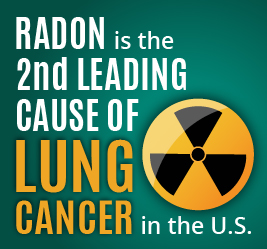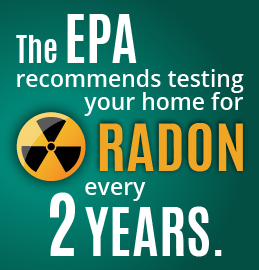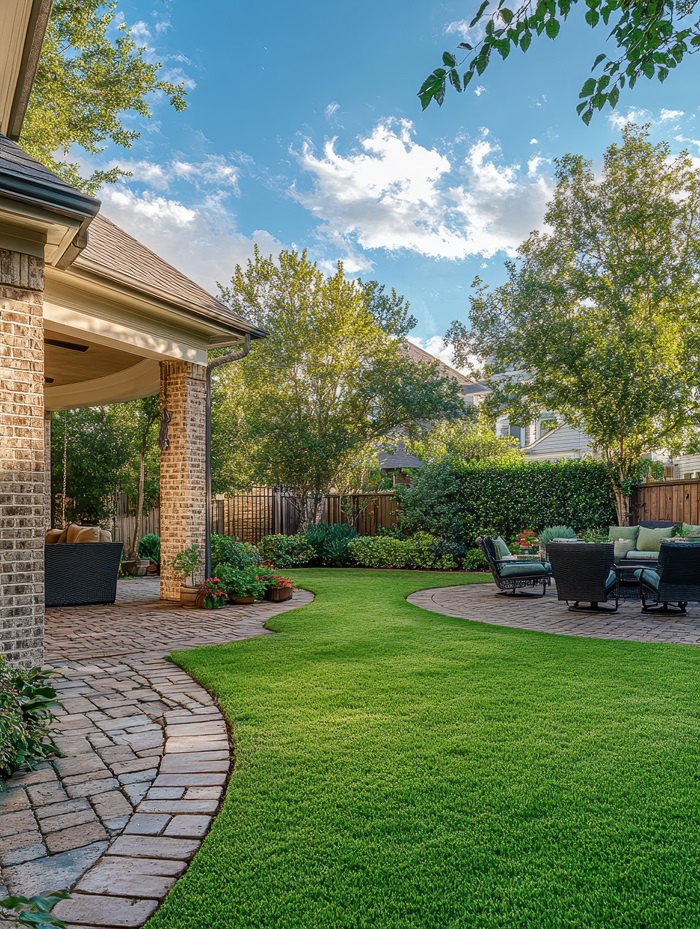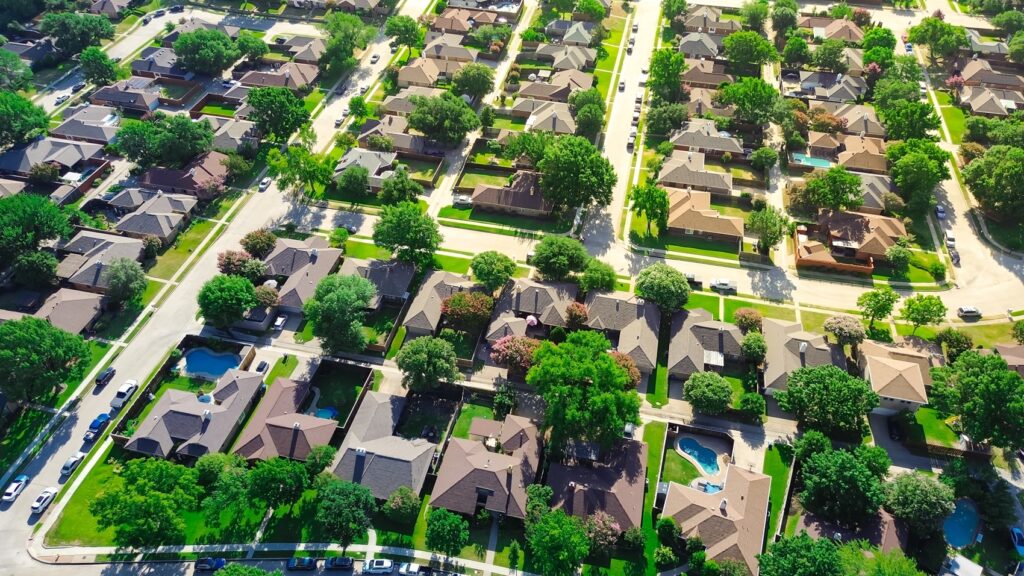Radon Testing
Protect Your Home & Health with Professional Radon Testing for Homes in Tri-Cities, Tennessee
Proudly Providing Inspection Services for Johnson City, Kingsport, Bristol, Elizabethton, Harrogate, Blaine, Greeneville, Morristown, and Surrounding Areas
Radon is a colorless, odorless radioactive gas that naturally occurs in the environment, but it can pose serious health risks when it accumulates in homes. As the second leading cause of lung cancer after smoking, radon exposure is a significant concern that every homeowner should take seriously. Our professional radon testing services help you identify and mitigate this hidden danger, ensuring that your home remains a safe place for you and your family.

What Is Radon and Why Is It Dangerous?
Radon forms from the natural breakdown of uranium in soil, rock, and water, and it can seep into homes through cracks in the foundation, gaps around pipes, and other openings. Because radon is invisible and odorless, the only way to detect its presence is through specialized testing. Long-term exposure to high levels of radon can lead to lung cancer, even in non-smokers, making it crucial to test your home, especially in areas known for elevated radon levels.
Having your home tested for radon from the professionals at National Property Inspections ensure that you have:
- Health Protection: Regular radon testing is essential for safeguarding your family’s health. High radon levels can be found in any home, old or new, and without testing, you won’t know if you’re at risk.
- Peace of Mind: Testing provides peace of mind, allowing you to take action if radon levels are elevated and ensuring that your living environment is safe. Even if your home has a radon mitigation system installed, the EPA still recommends that you test your level of radon every two years to confirm its functionality.

What Happens if Radon is Found in My Home?
If elevated radon levels are detected, your report will include practical recommendations for reducing radon in your home. This may include sealing cracks in the foundation, improving ventilation, or installing a radon mitigation system to lower levels and protect your health.
Schedule Your Radon Test with NPI Today
Don’t leave your family’s health to chance. Schedule a professional radon test today to ensure your home is safe from this invisible threat. Whether you’re a homeowner concerned about radon exposure or a buyer or seller in the real estate market, our radon testing services provide the peace of mind you need.
Learn More About Radon
It’s estimated that 1 in 15 homes in the U.S. have elevated levels of radon. Staying informed about this cancer-causing gas can lower your and your family’s chance of exposure. Explore more resources about radon here.
When it comes to remediating high radon levels, you should leave mitigation up to the professionals. However, there are a few features in your home that can help ward off radon in addition to your professionally installed mitigation system. Read more…
Officials across the nation are taking notice of the dangers of radon, but most people are unaware of what their state is doing to combat radon. Take a look at what your state is doing to combat this deadly gas.
Read more…



